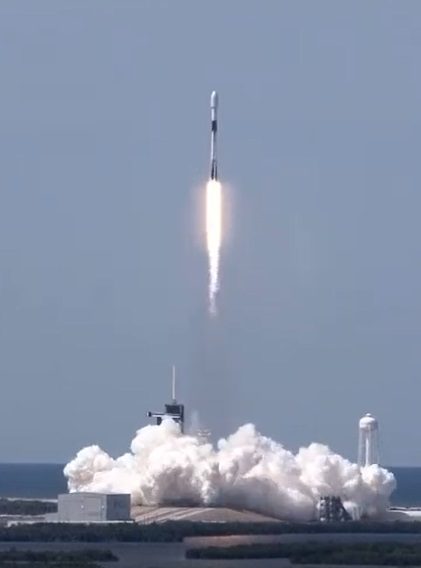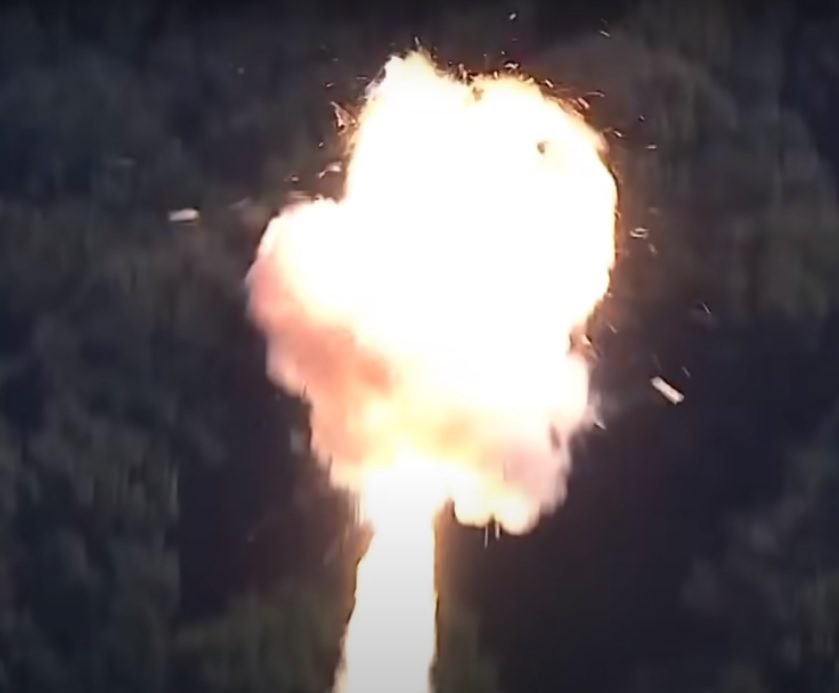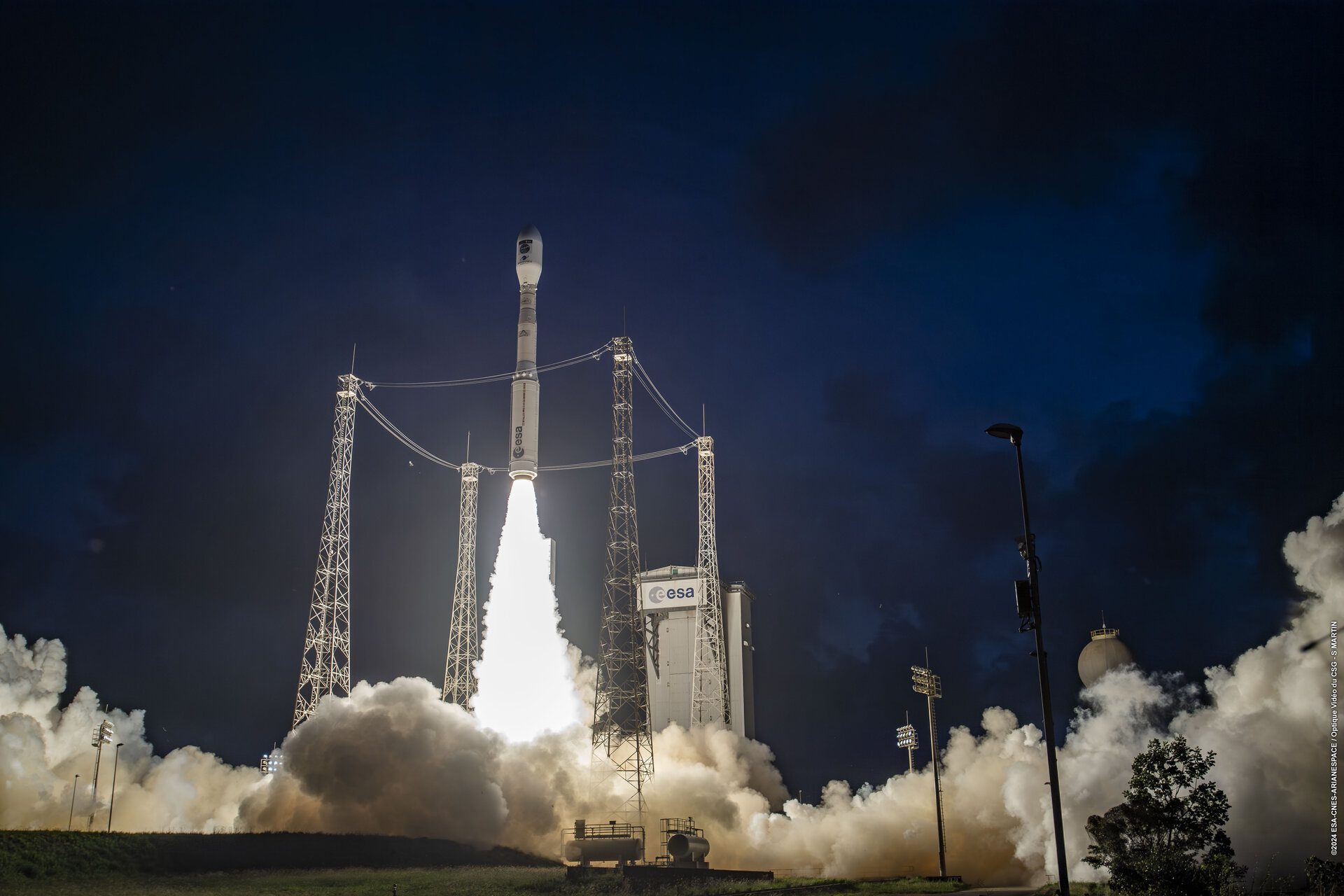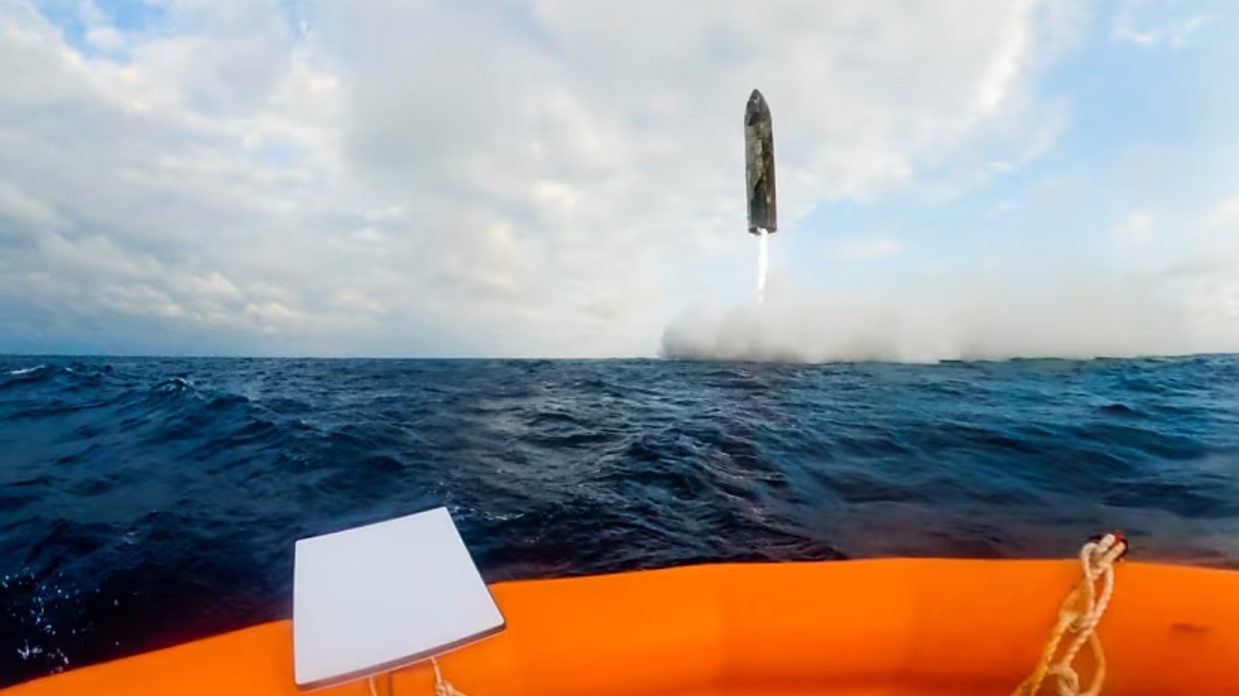The very competitive offer to launch 200 kg of ride-share payloads into orbit for just US$1 million plus any extra at the same US$5,000 per kg rate – about half that of a competitive dedicated small launch vehicle – is beginning to show benefits for SpaceX. Ride-shares have always been tricky in the past to manage. Fearful of having the “tail wagging the dog” – that is, having secondary payload holding up the launch of the main – and most important – payload, launch providers of mainline launch vehicles have traditionally shied away from offering such a service. However, with the increase in the small satellite market, and wanting to compete against small launch vehicles, large launch providers are getting back in on the act.
The “tail wagging the dog” scenario is somewhat mitigated when a launch vehicle such as SpaceX offers more like a regular bus service than an uncommon ride. Thus should a small satellite “miss the bus” than it can now probably catch another one in relatively short time and will not mind being bounced from the flight if required. A recent example of this type of launch order was the agreement of SpaceX to launch two sets of three Planet Skysat satellites on two Starlink carrying Falcon 9 flights.
Of course, such a scencario only works for certain orbits and for spacecraft with an amount of in orbit manoeuvrability. However, one way around this conundrum is to use specialist delivery spacecraft to make more dedicated drop offs to ensure satellites reach their correct orbital planes. For example, following an agreement signed on 22 April, the Momentus Vigoride delivery spacecraft will be carrying 12 propulsion-free Swarm Spacebee location data relay communications spacecraft after being launched into orbit on a SpaceX Falcon 9 rocket in December with a Vigoride in-space shuttle from Momentus to drop them off in specific orbital planes.






